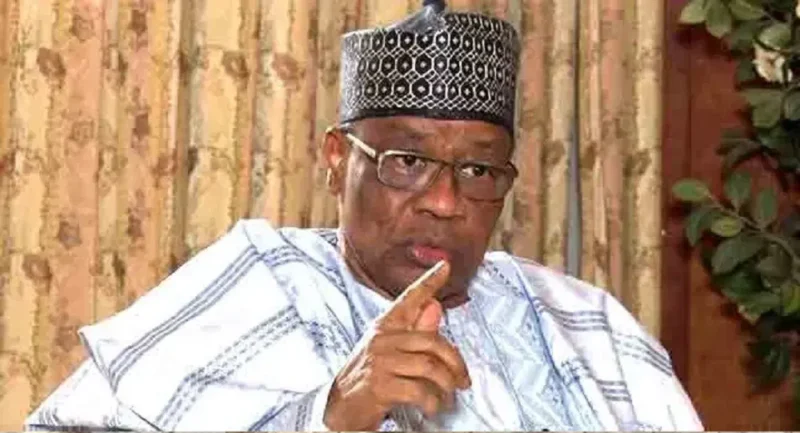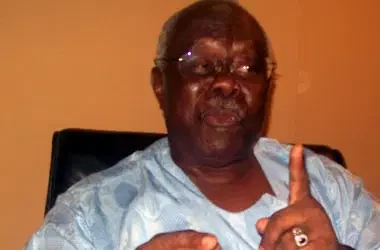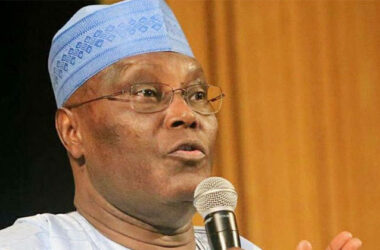Former military president General Ibrahim Babangida has defended his administration’s handling of Nigeria’s $12.4 billion oil windfall, stating that the funds were used for important national projects. He attributed Nigeria’s economic struggles during the oil boom years to excessive spending and an overreliance on oil revenue, which he said hindered long-term development.
Babangida made these remarks in his newly released autobiography, A Journey of Service, launched on February 20, 2025. The 400-page book provides an account of his years in power and the financial decisions made during his tenure. In it, he noted that past governments, including his own, faced accusations of corruption and mismanagement due to the way oil revenues were handled.
Addressing concerns about the oil windfall, Babangida explained that it was common practice for governments to allocate foreign exchange earnings directly to national projects rather than depositing them into the Federation Account. He justified his administration’s use of the funds, saying they were spent on infrastructure, including the construction of ports and bridges.
“What I have done is not unusual in this country. Somebody did it before me, but I won’t mention names. We did undertake the construction of various ports and other projects (including bridges),” he stated.
The controversy over the $12.4 billion oil windfall was first brought to light by the Okigbo Panel report, which claimed that a significant portion of the funds was spent on non-regenerative projects. However, Babangida dismissed allegations of mismanagement, insisting that the money was invested in critical sectors. He pointed to the Ajaokuta Steel project as an example, arguing that although he did not initiate it, his government chose to continue funding it rather than let previous investments go to waste.
“You go back to history, about 18 years back, when we went into many ventures with some countries. Until today, Nigeria has not gained anything from all those investments in the 1970s. I’m talking about regenerative investments. Once you run a government, you don’t put money in the bank. Pius (Okigbo), I’m happy, did not say somebody stole that money,” he noted.
Babangida’s book also discusses Nigeria’s economic policies before and during his administration, describing how past leaders struggled to manage the country’s oil wealth effectively. He criticized the policies of the 1970s and 1980s, stating that instead of diversifying the economy, successive governments borrowed heavily and spent on luxury projects rather than productive ventures.
He noted that during the oil boom under General Yakubu Gowon, revenue from crude oil was used to expand infrastructure. However, he argued that policies such as the Indigenisation Decree of 1972 created opportunities for a few wealthy individuals while neglecting other sectors of the economy.
By the mid-1980s, Babangida wrote, Nigeria was facing severe economic difficulties, including a balance of payment crisis, an overvalued naira, and rising food import bills. In response, he declared a 15-month National Economic Emergency in 1985 and introduced the Structural Adjustment Programme (SAP) to reduce Nigeria’s dependence on oil and promote local production.
Despite the hardships caused by SAP, Babangida maintained that his policies were necessary to correct the country’s economic imbalance. He argued that measures such as reducing subsidies, adjusting the exchange rate, and cutting public spending were the only viable options at the time.
Looking back, Babangida insisted that the financial decisions made during his tenure were aimed at stabilizing Nigeria’s economy. He contended that while his administration faced criticism, it took steps to prevent further economic decline and set the foundation for future growth.










